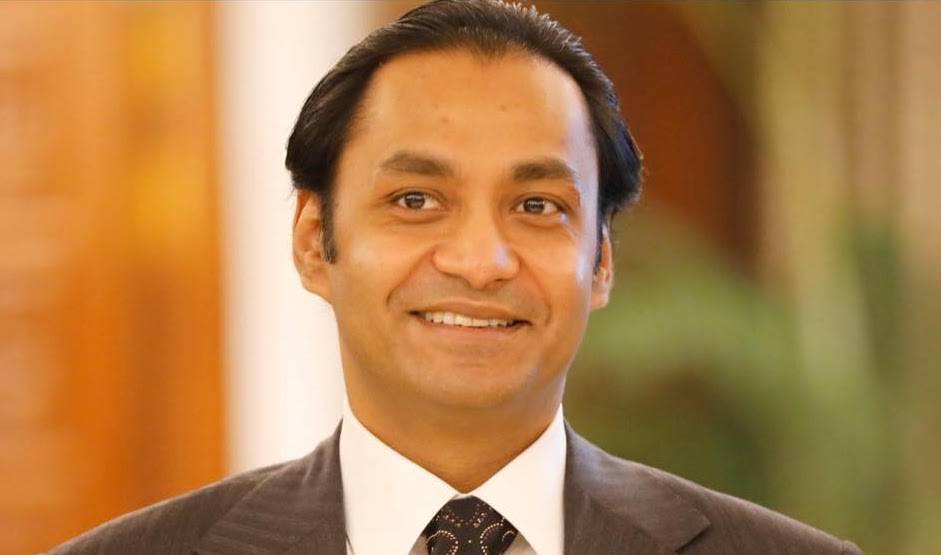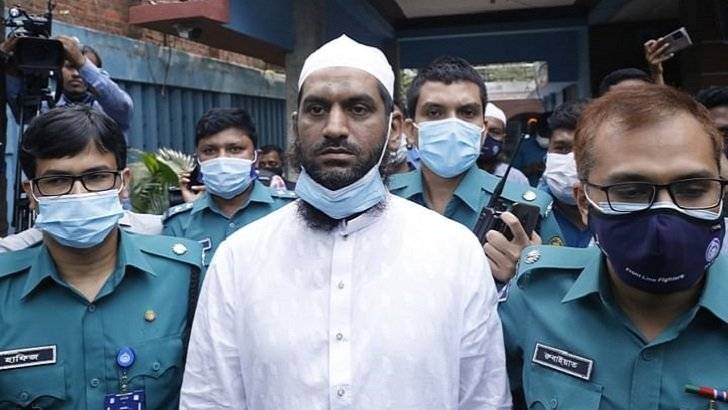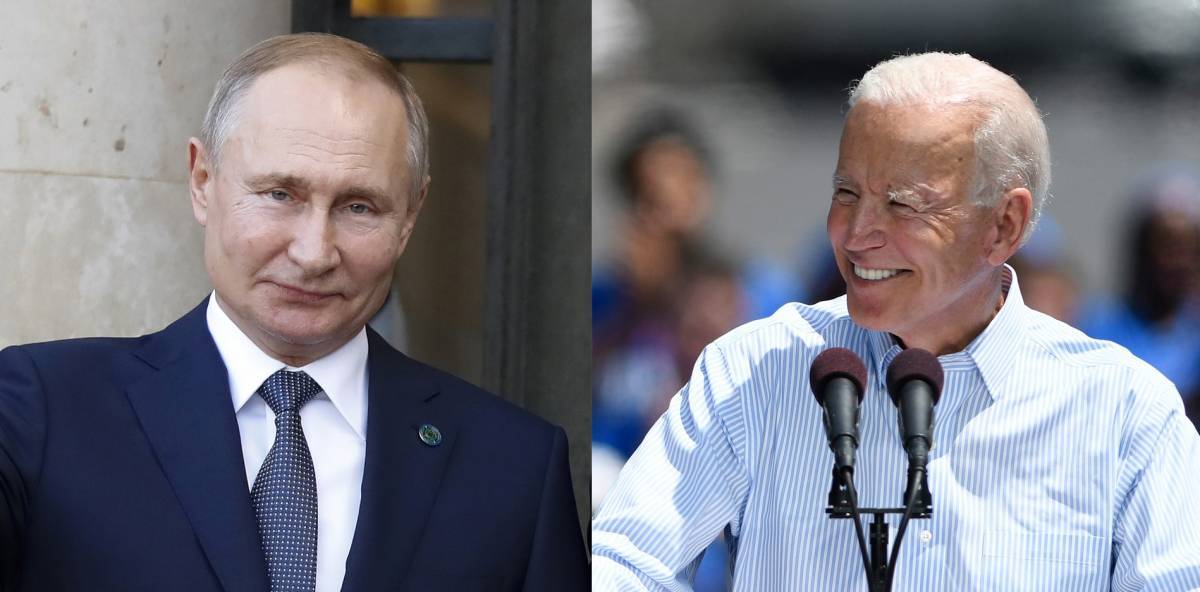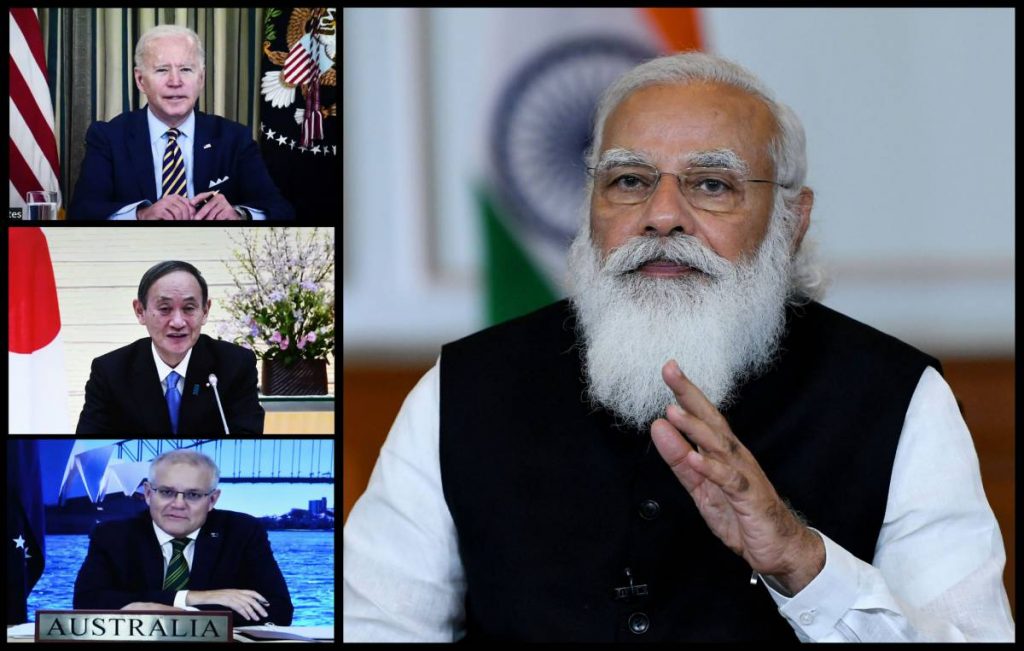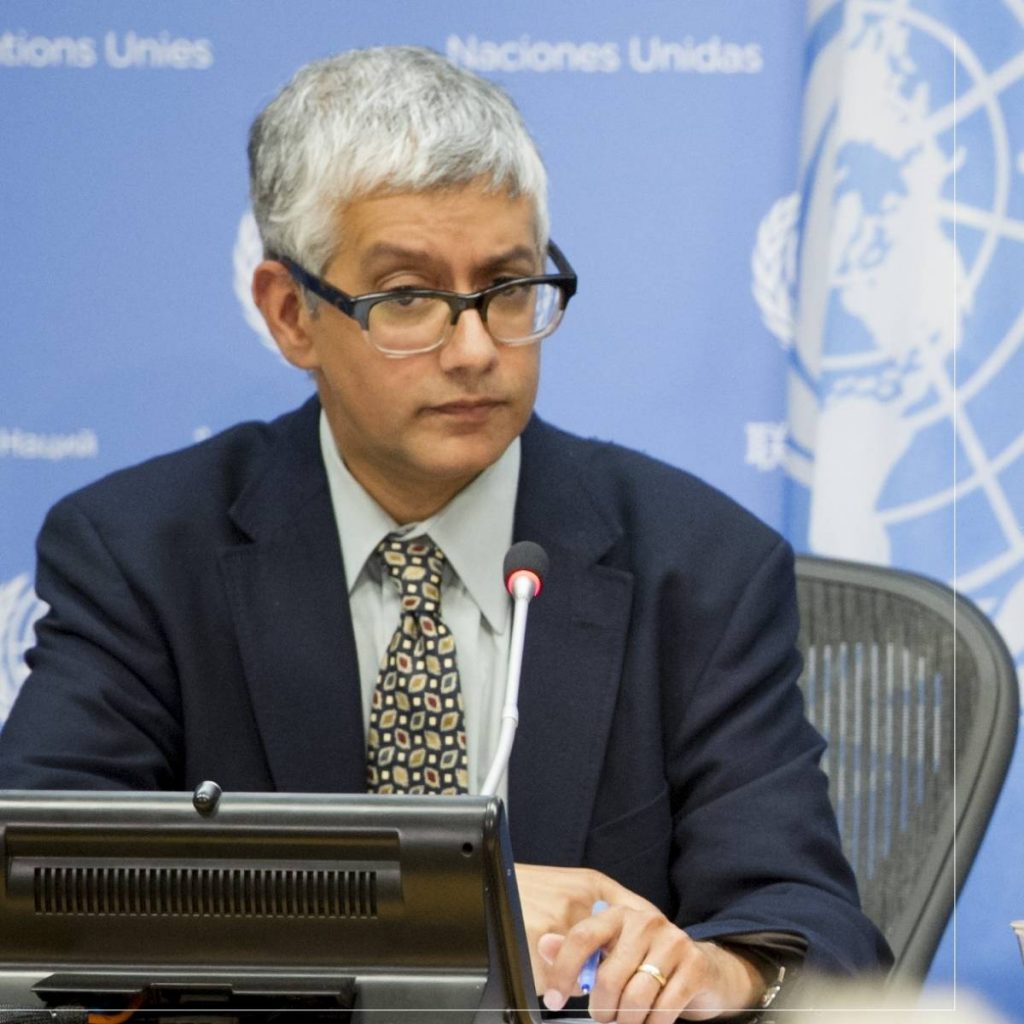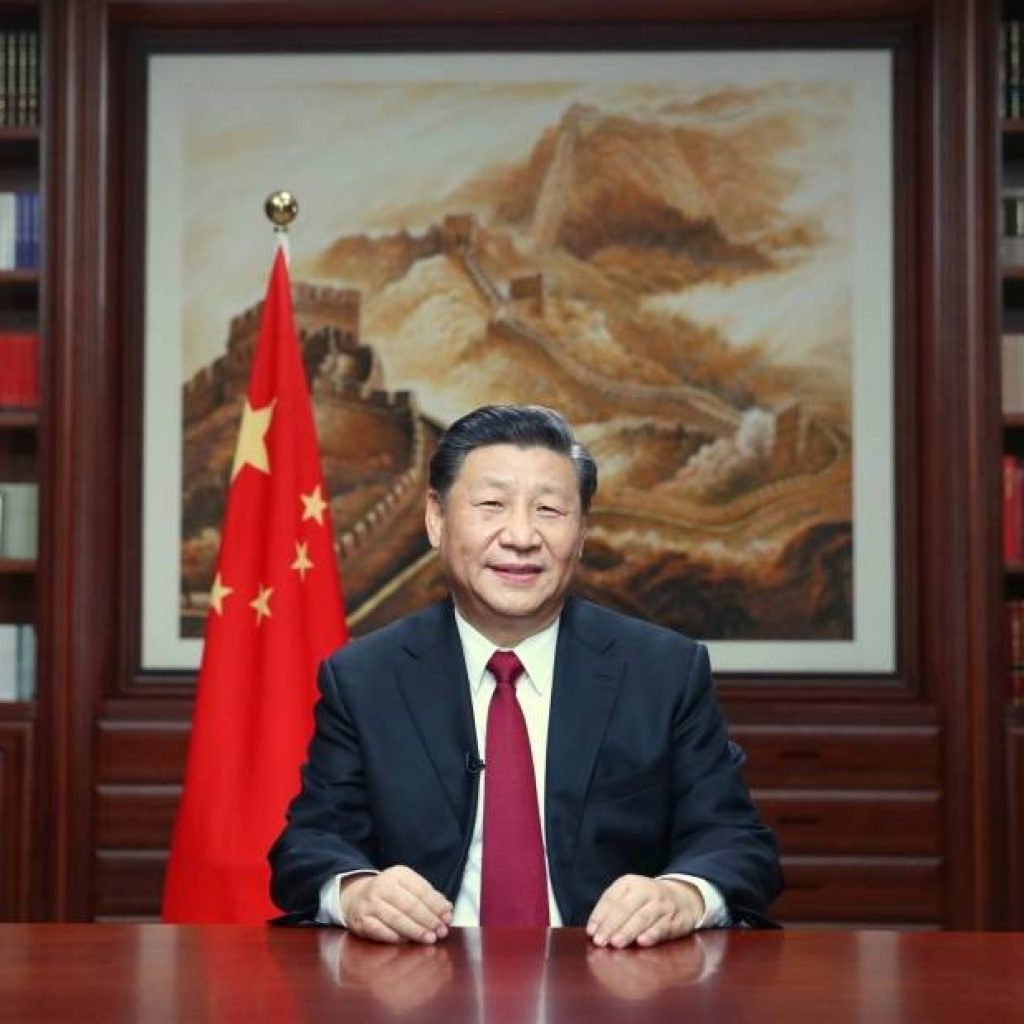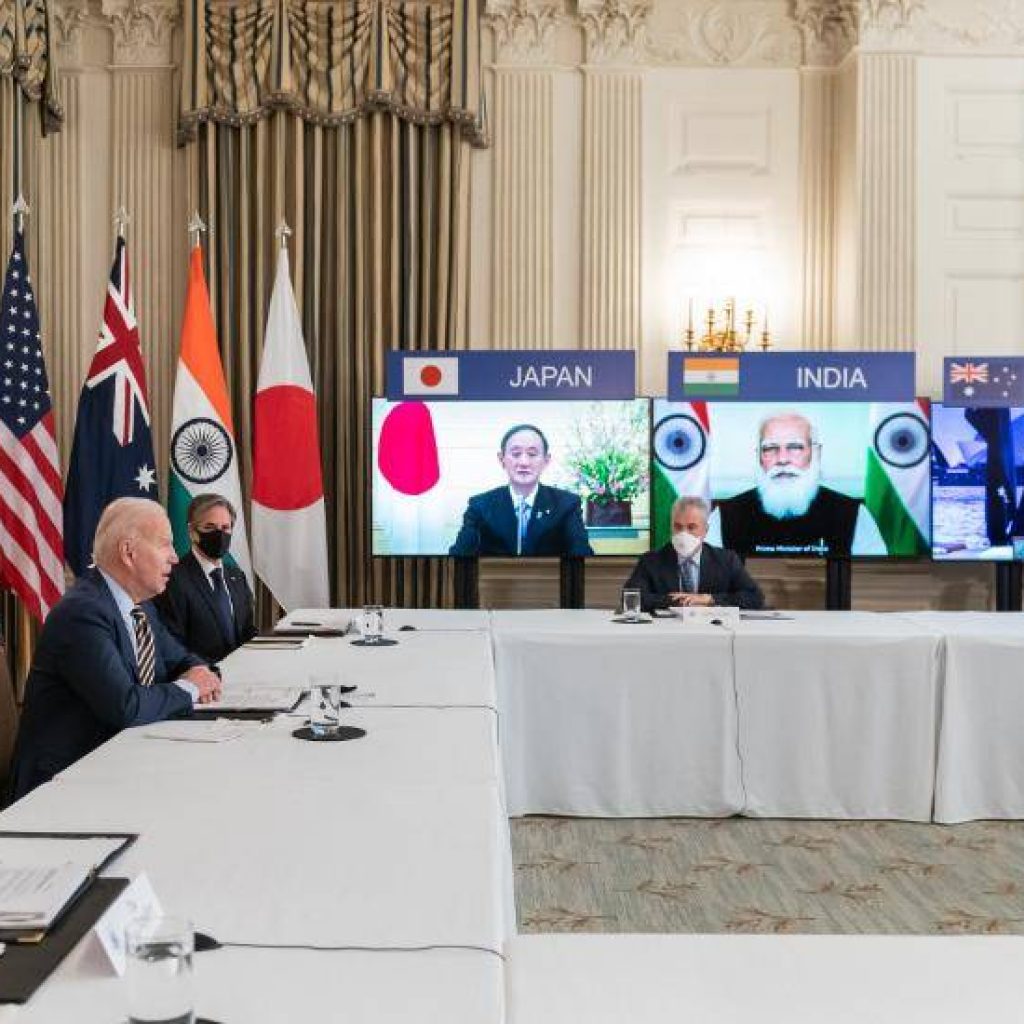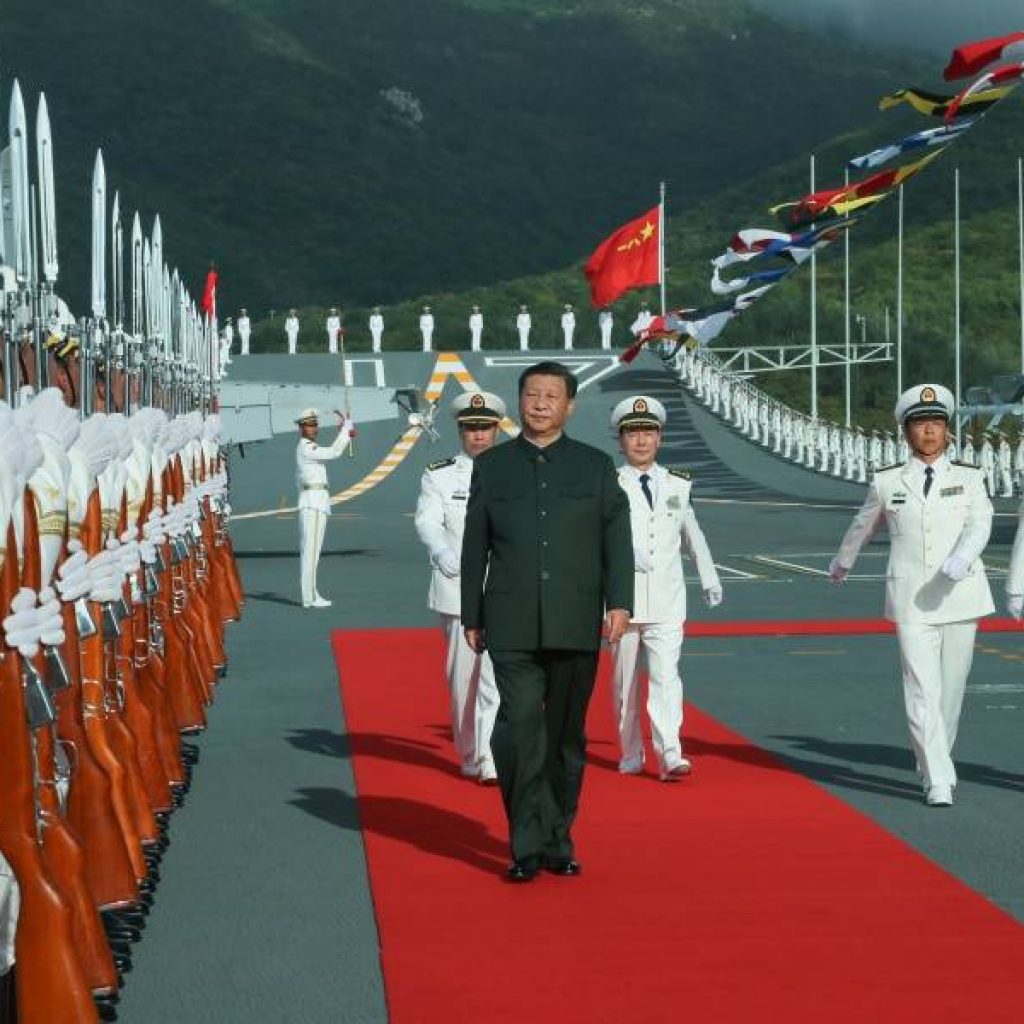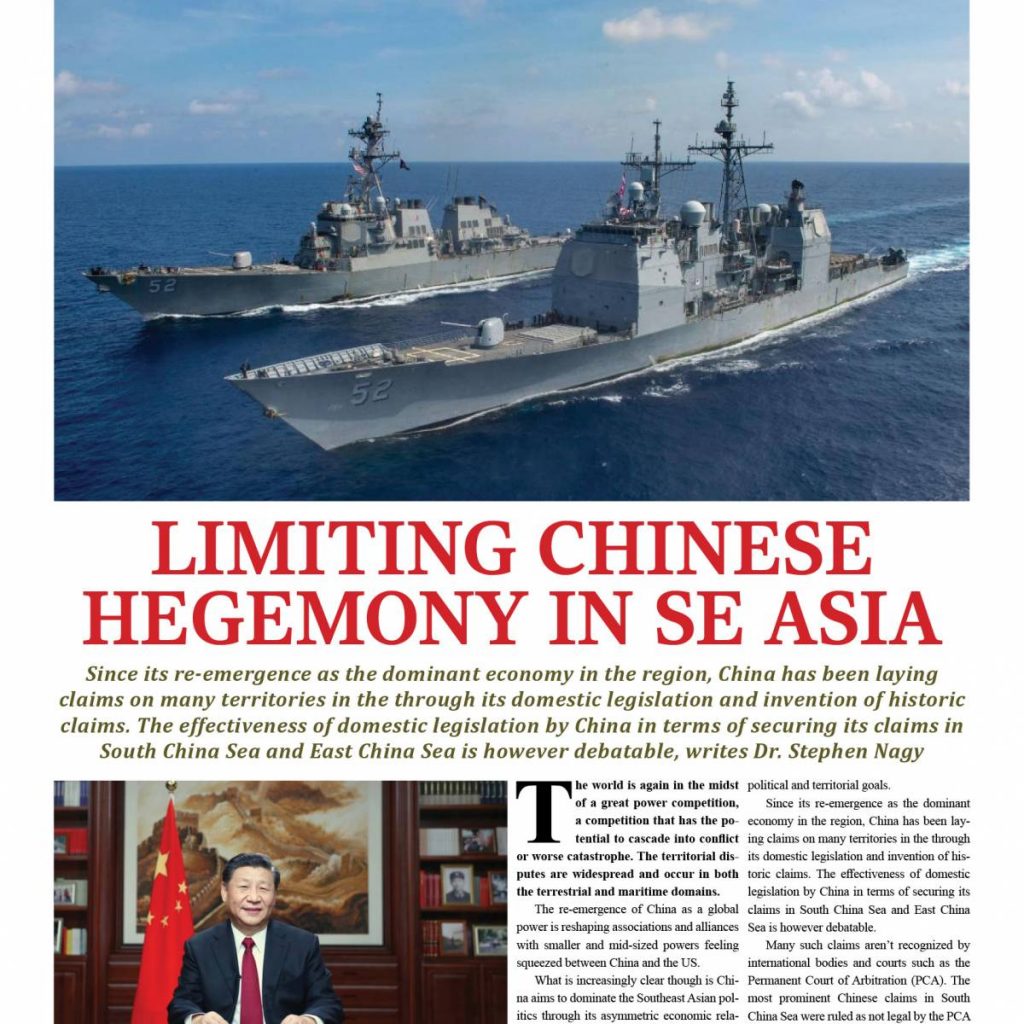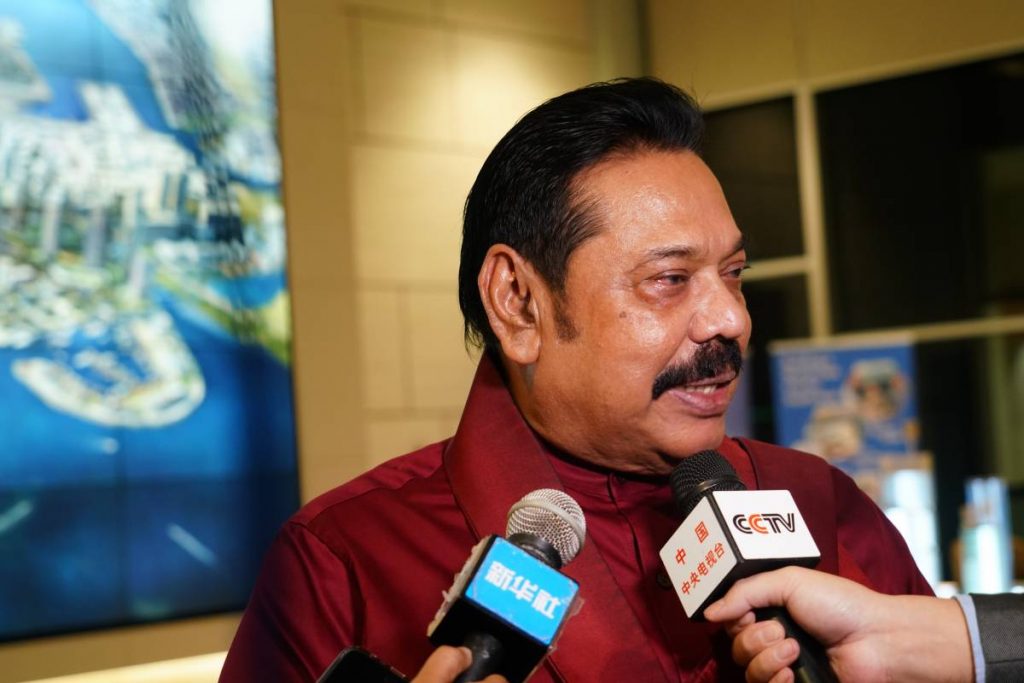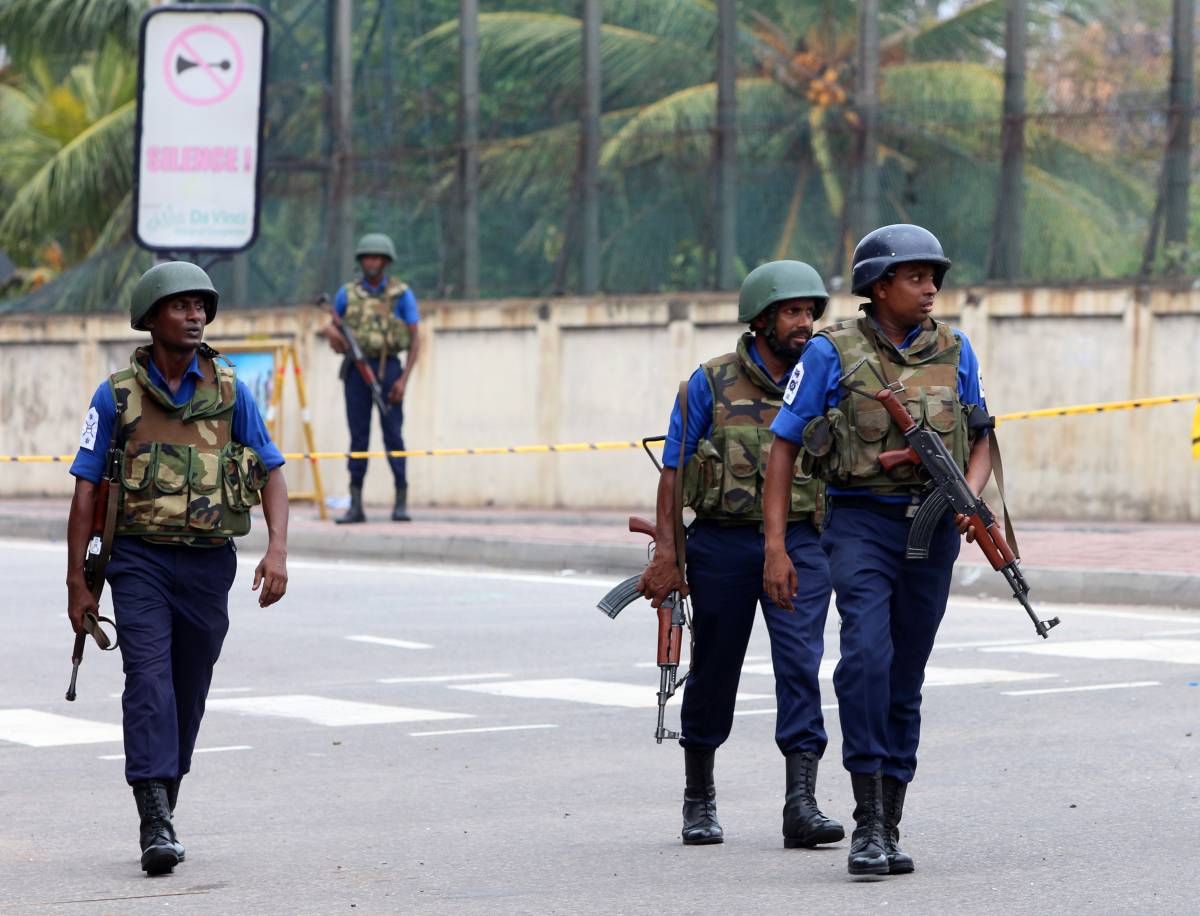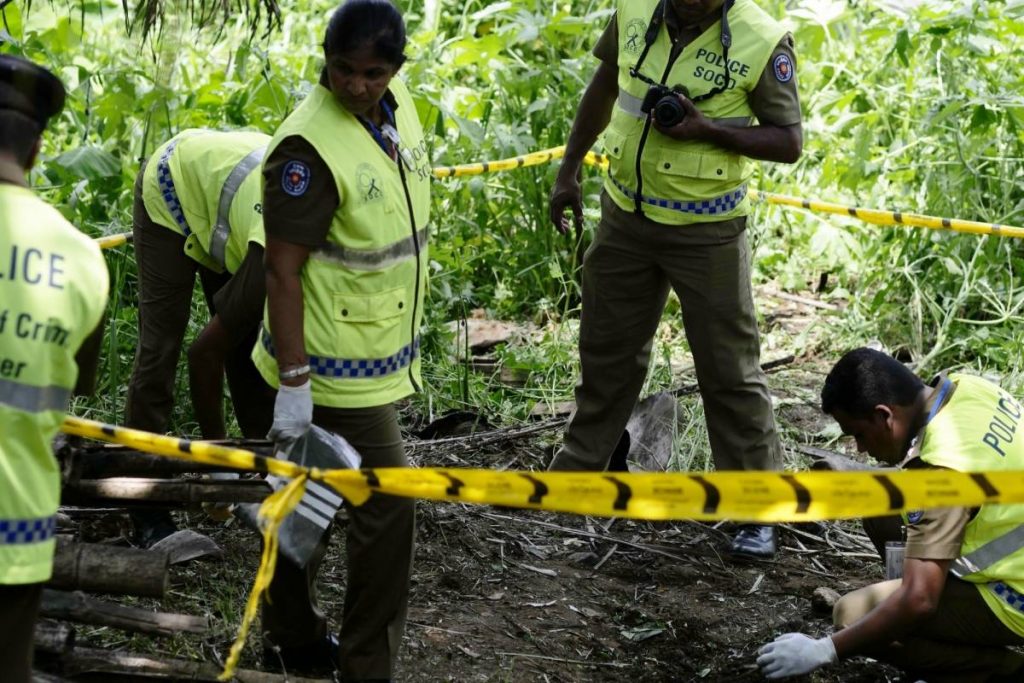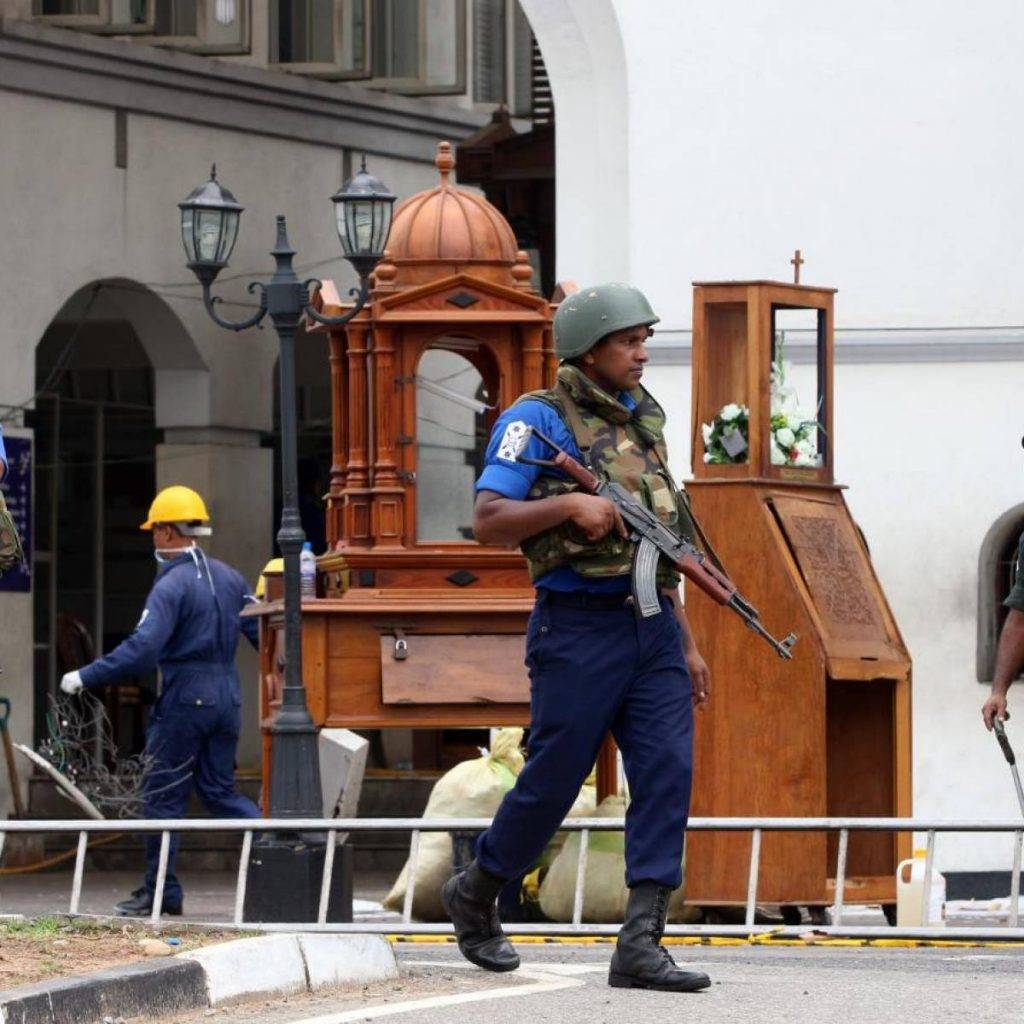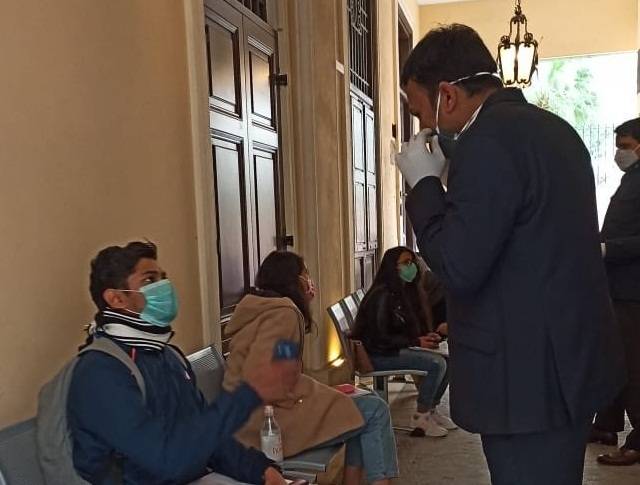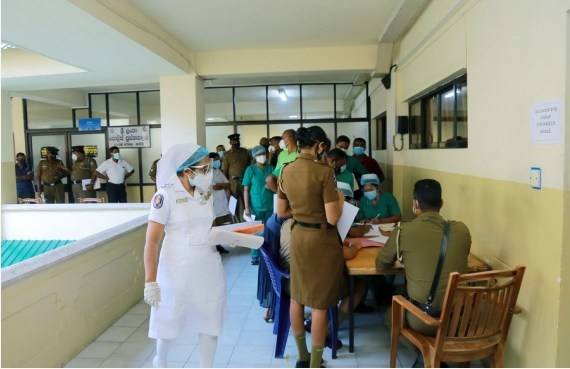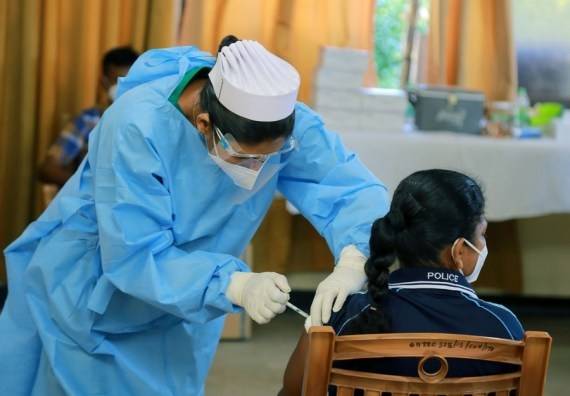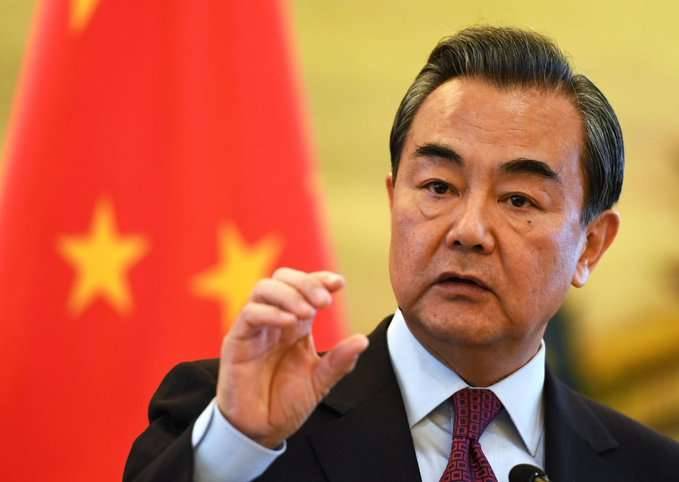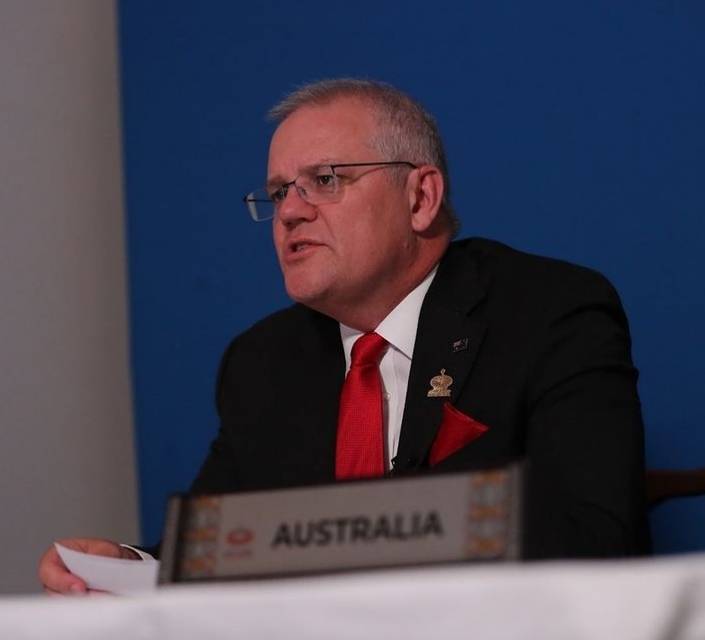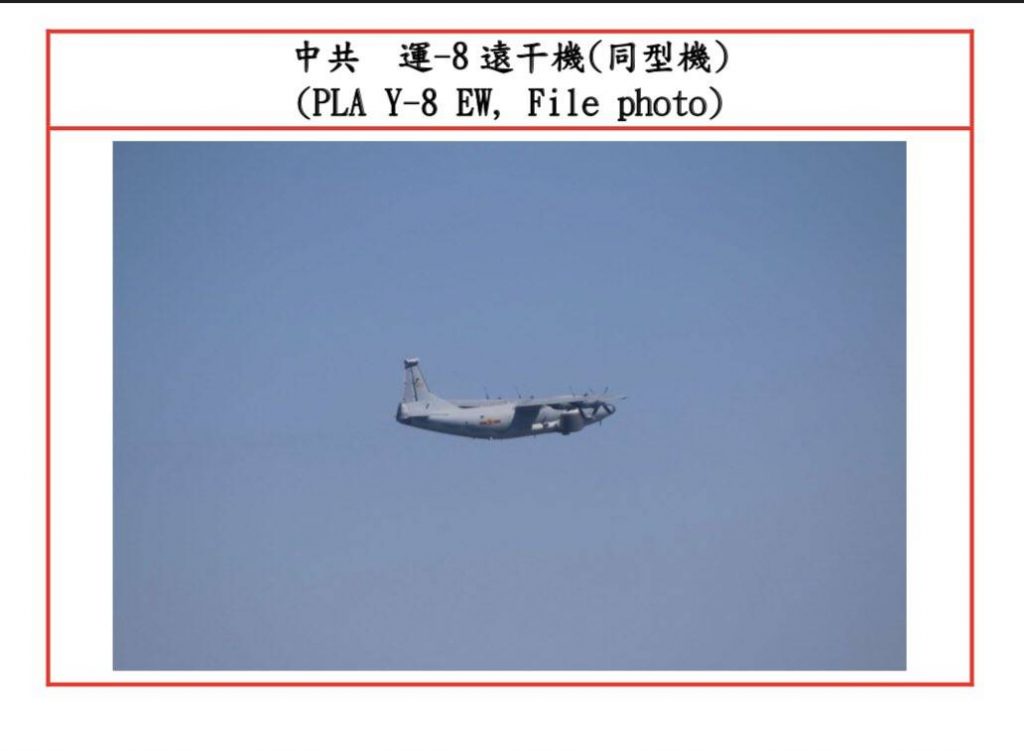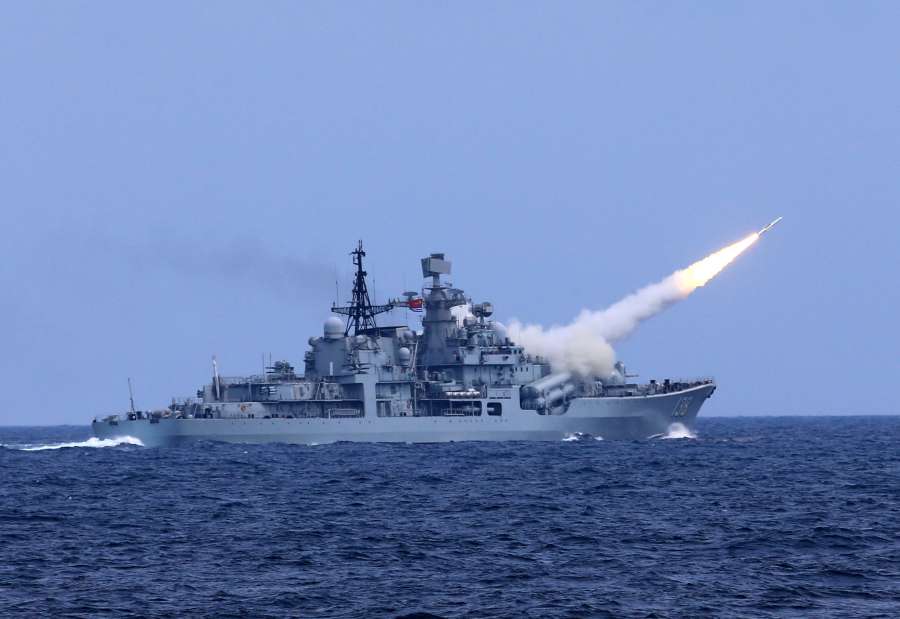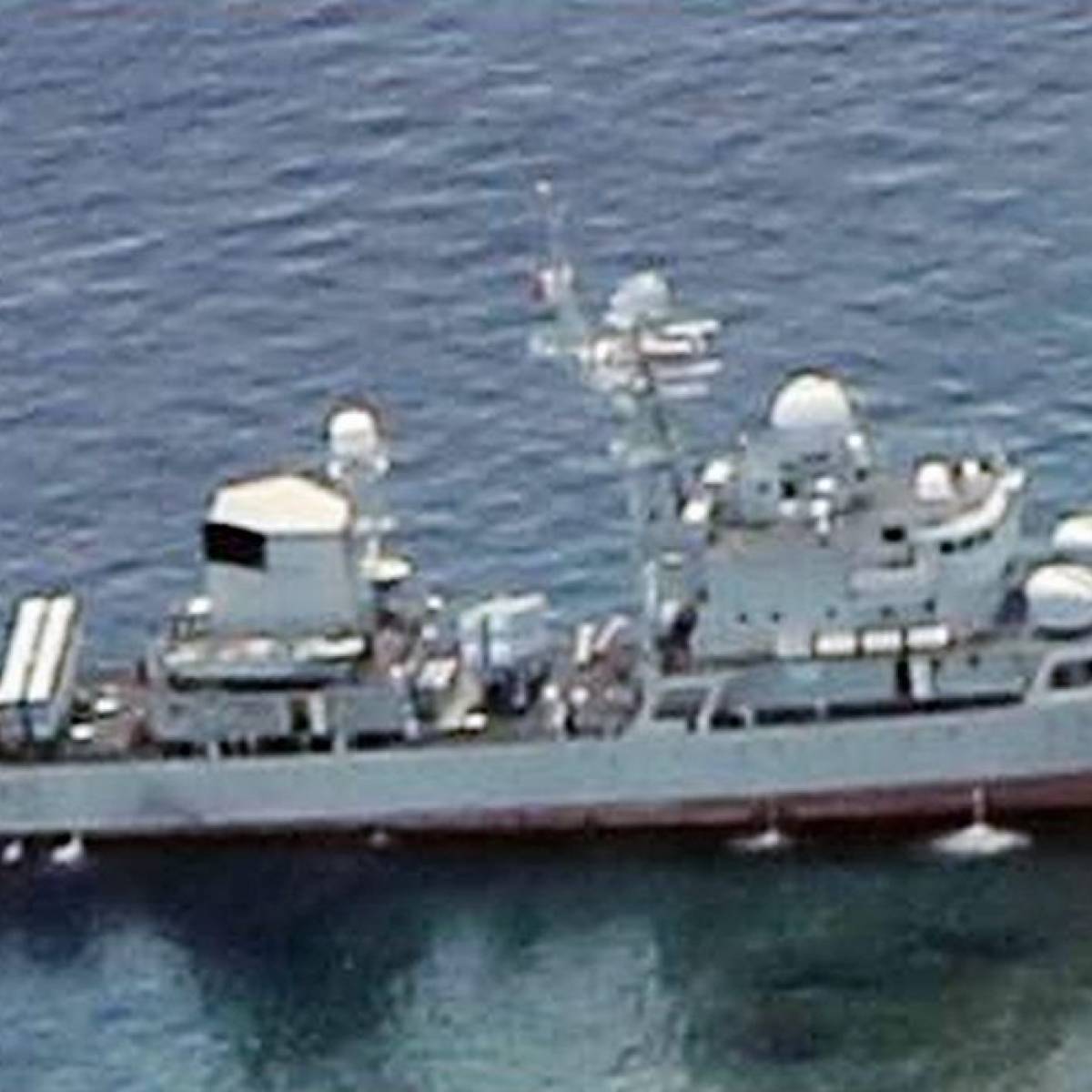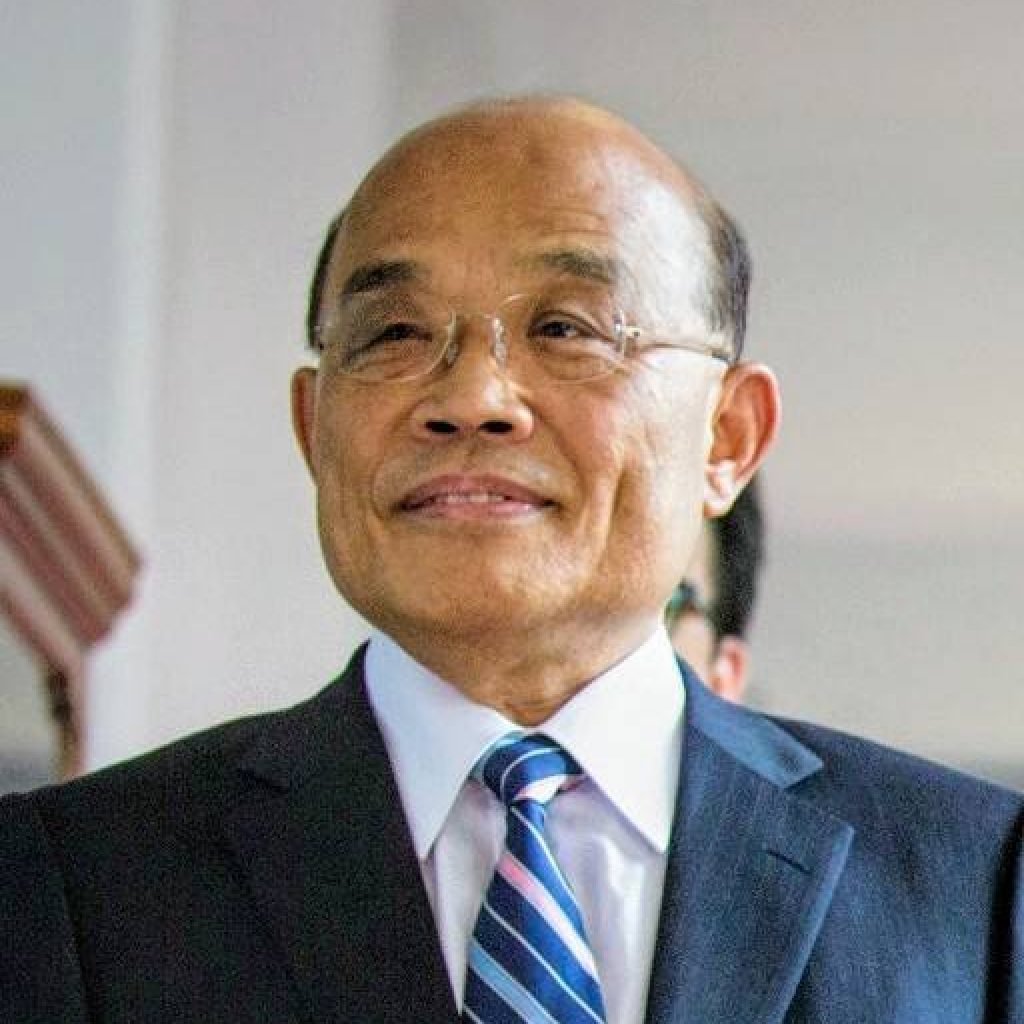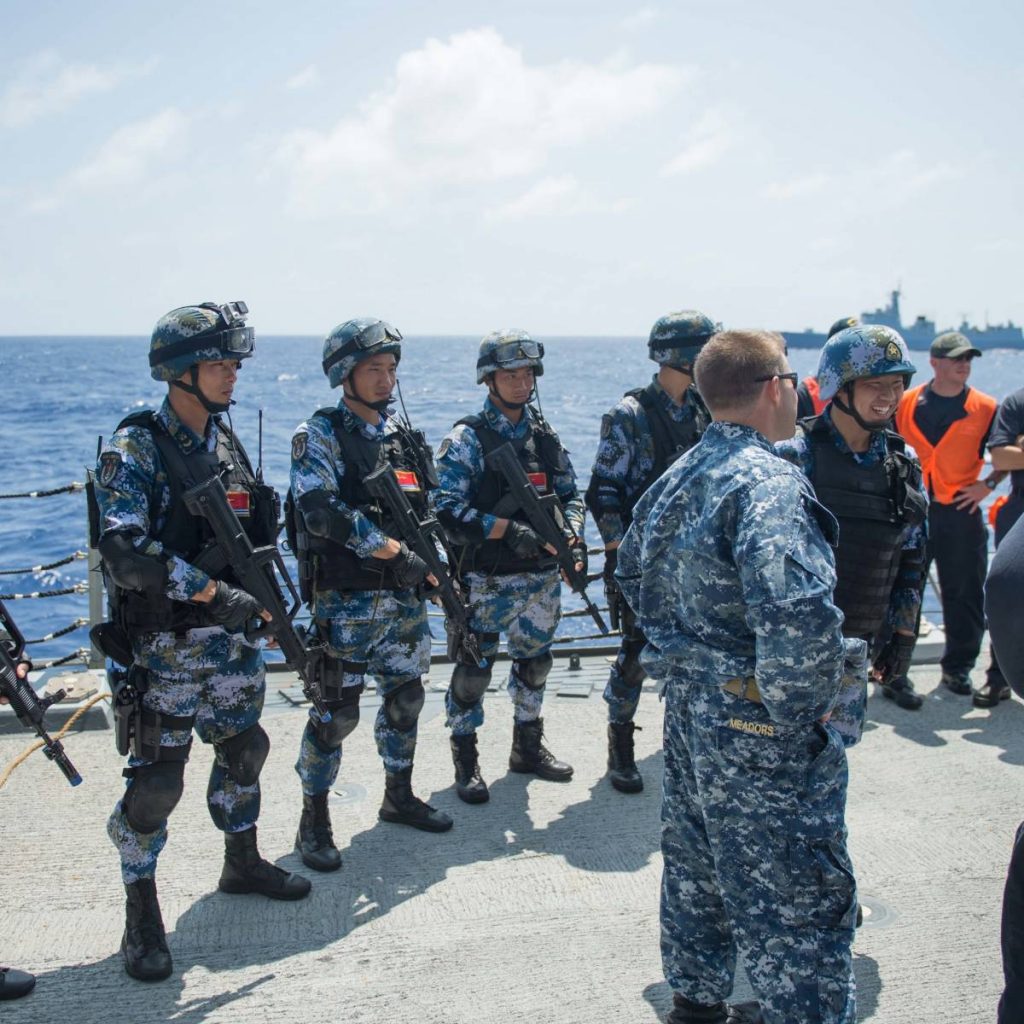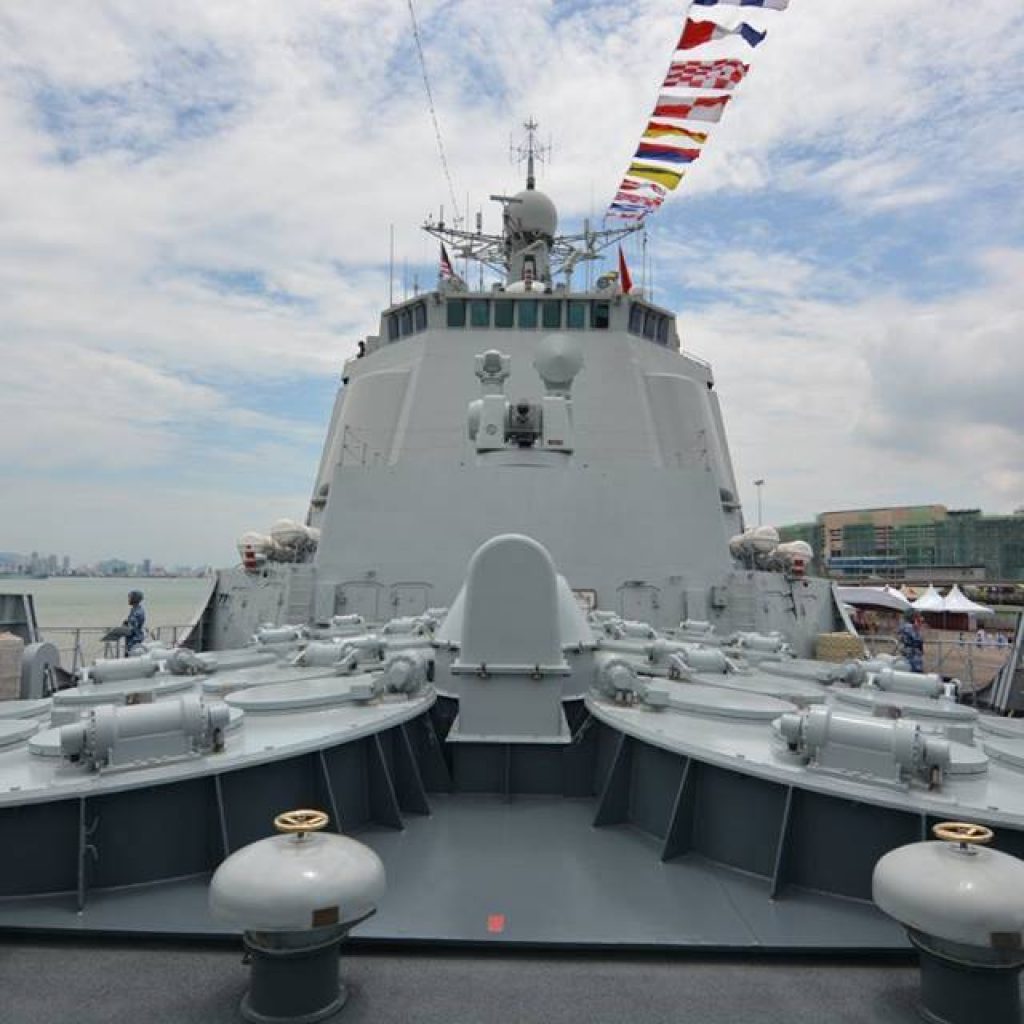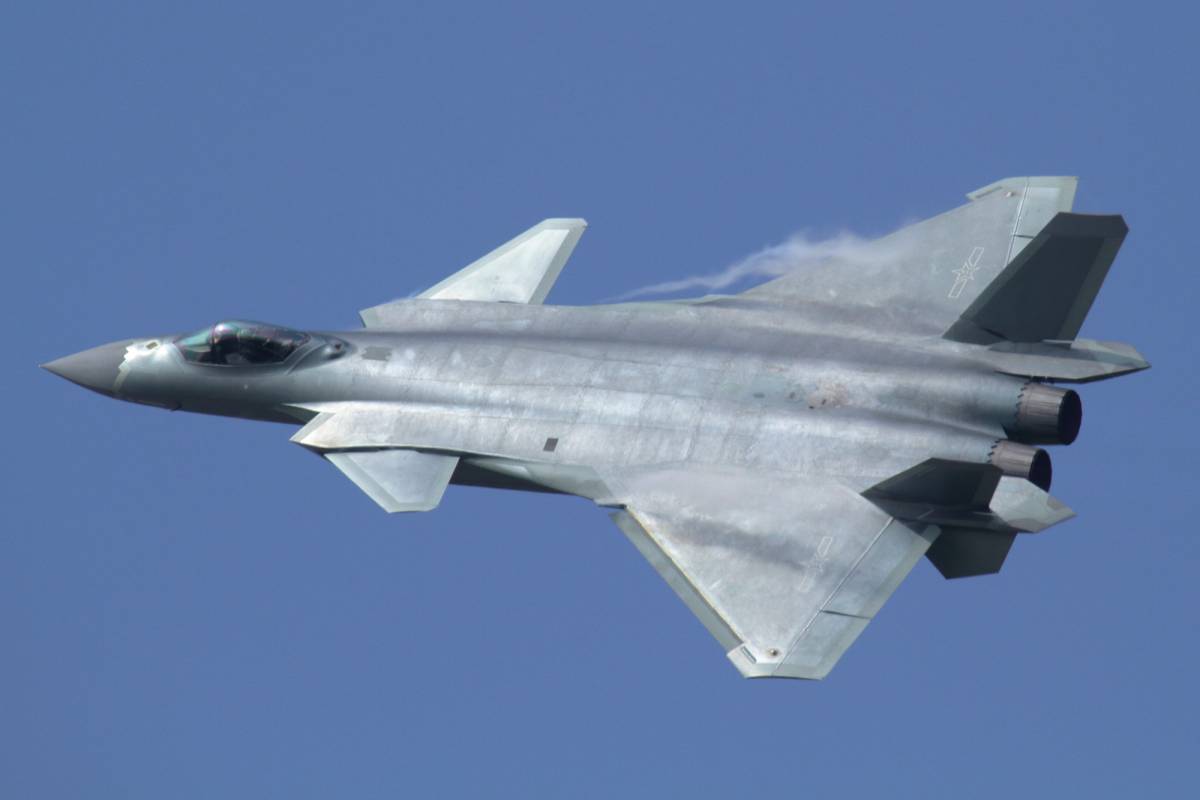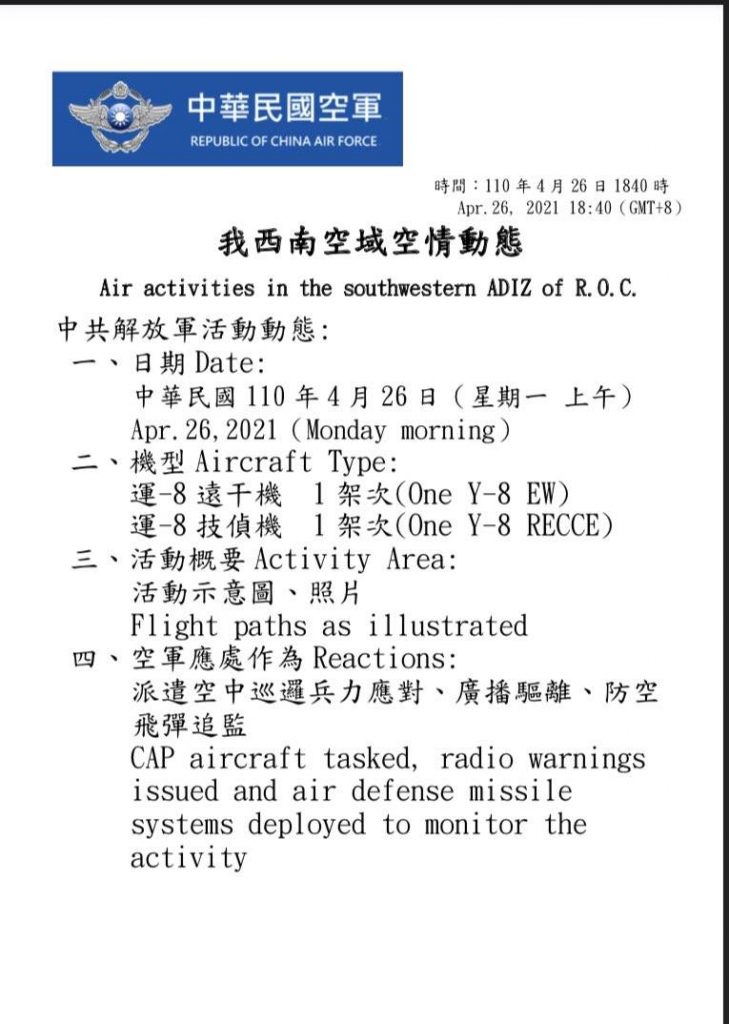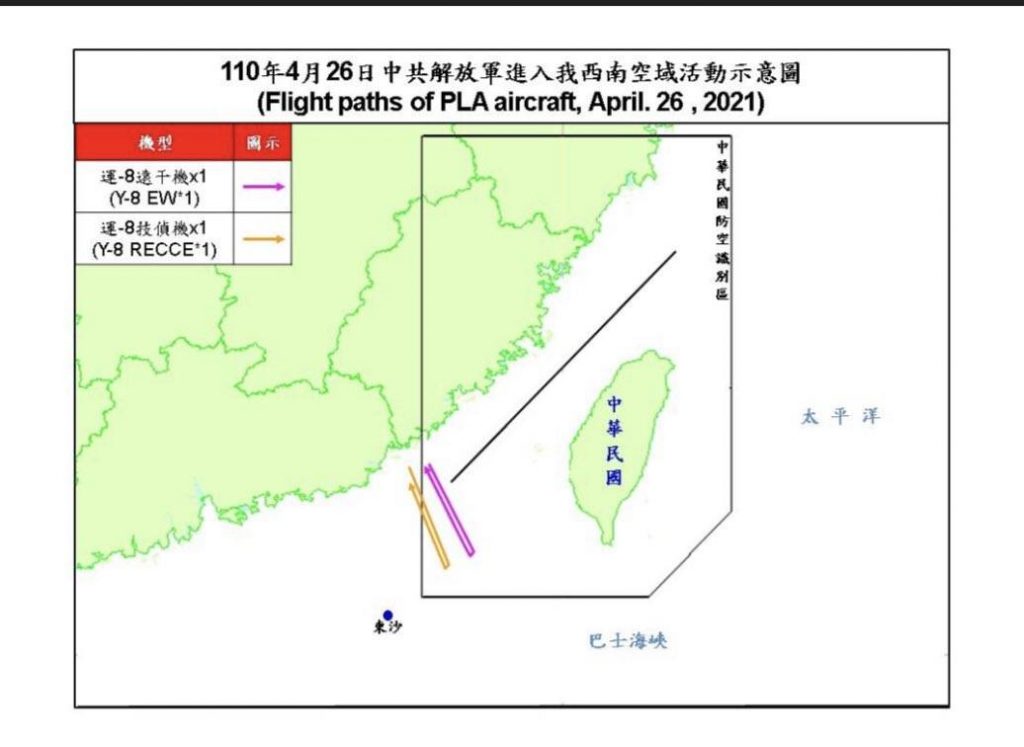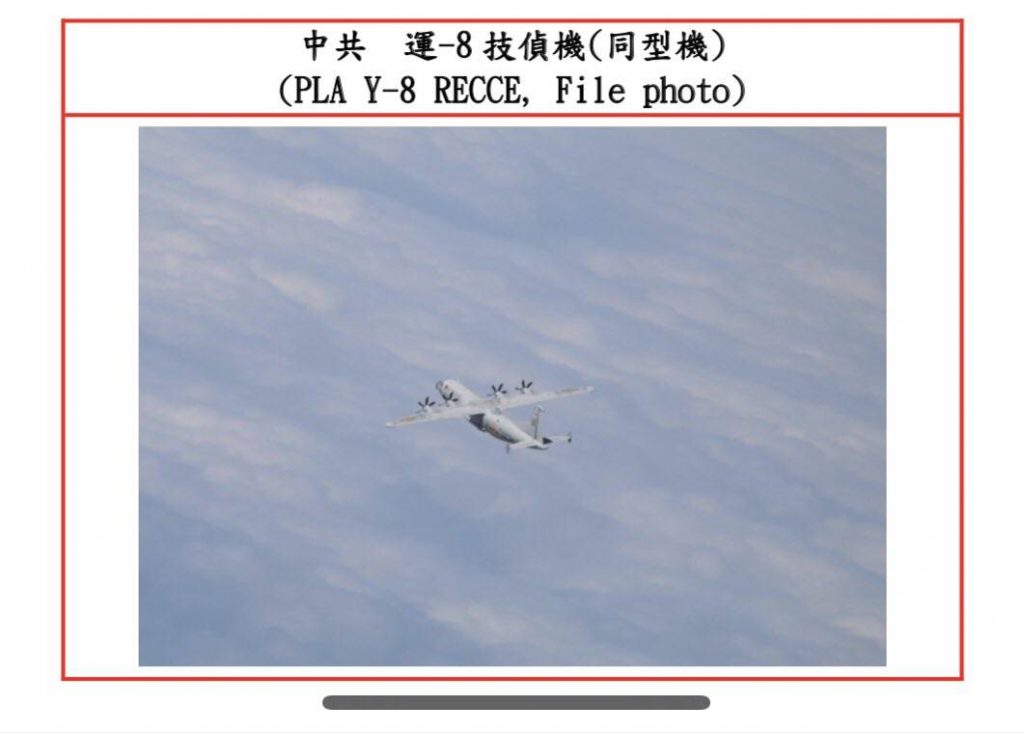The girl’s body was recovered from the flat and Anvir was booked by the Gulshan area police following a complaint filed by the victim’s sister Nusrat Jahan….reports Asian Lite News
Bangladesh industrialist Sayem Sobhan Anvir, Managing Director of Bashundhara Group, was booked by the police for abetting a 21-year-old girl of suicide. Anvir had rented a flat to the victim.
The Bashundhara Group is one of the largest conglomerates in Bangladesh and Anvir is son of its Chairman Ahmed Akbar Sobhan. The business house also owns leading media platforms — News 24, Daily Kaler Kontho, Banglanews 24.com and a Radio channel.
The girl’s body was recovered from the flat and Anvir was booked by the Gulshan area police following a complaint filed by the victim’s sister Nusrat Jahan. The police said that the deceased was unemployed and Anvir used to visit her flat.
The complainant, Nusrat, said in her statement that her sister had told her that the accused would marry her and they would live abroad because that they were fearing that if they remain in Bangladesh then Anvir’s parents would kill her.
Deputy Commissioner of Dhaka Metropolitan Police (DMP), Gulshan Division, Sudip Kumar Chakraborty, told IANS, “Earlier, on Sunday morning the victim informed her sister that she was in trouble and threatened. Then Nusrat rushed to Dhaka to from Cumilla to meet her on Monday.”

He said that when Nusrat reached at the residence of the victim and found the door locked from inside she tried to open it. Also, the victim’s phone was not reachable. Thereafter, when Nusrat broke open the door she found her sister hanging from the ceiling fan in her bedroom.
“She later informed the building owner and then the police were called in,” said Sudip.
According to the information, Anvir and the victim were in touch since last two years. They were also dating each other. In 2019, Anvir rented an apartment and represented themselves as husband and wife to the owner. A photo of the couple was also framed in the apartment in which they can be seen posing as married.
When Anvir’s parents got to know about his relationship with the victim, his mother called her through another lady Piasa and threatened the girl to leave Dhaka. Following the incident, assuring the victim that he would marry her, Anvir sent back her to Cumilla.
Also read:Entry ban: 250 Bangladeshis stranded at border
After sometime, Anvir convinced the victim to return Dhaka and she moved in at the flat located in Gulshan area on March 1.
“Sayem forcibly rented the flat using my husband’s and my ID cards,” Nusrat said.
According to the complainant, the victim’s life was under threat and she might have been murdered. Also, Piasa, who is a Facebook friend of the accused’s mother, might have informed her about the recent developments.

“The accused Sayem told my sister to go back to Cumilla and he would leave for Dubai on April 27, fearing that his mother would find out about his relationship again and kill my sister,” Nusrat said.
Meanwhile, Anvir’s wife left the country for an unknown location on Monday afternoon from Shahjalal International Airport in a cargo flight. However, Anvir also made a failed attempt to leave the country.
However, Dhaka Metropolitan Magistrate Md Shahidul Islam issued an order barring Anvir,from leaving the country on Tuesday. Whereas, in the petition, the Investigation officer said that there was a chance that Sayem might leave the country to evade the arrest.
The police have collected all the gadgets from the flat that the victim was using and searching the CCTV footage.

The deceased was a second grade student and HSC exam candidate at Mirpur Cantonment Public school and College, started living alone in the flat in March. Her father, Shafiqur Rahman, was a freedom fighter and the family hails from Cumilla Sadar.
The complainant also said that the victim had got into an argument with Anvir after photos of an iftar party that she attended with the landlord’s family were shared on social media by the landlord’s wife on April 23.
A leaked audio clip reportedly between the victim and the accused, which was not independently verified, reveals that a male voice accusing a female person of stealing money worth Tk50 lakhs. The female was heard crying and repeatedly denying that blame while the male voice repeatedly curses and uses expletives. According to immigration police, besides Bangladesh, Anvir also holds the passports of Slovakia.

